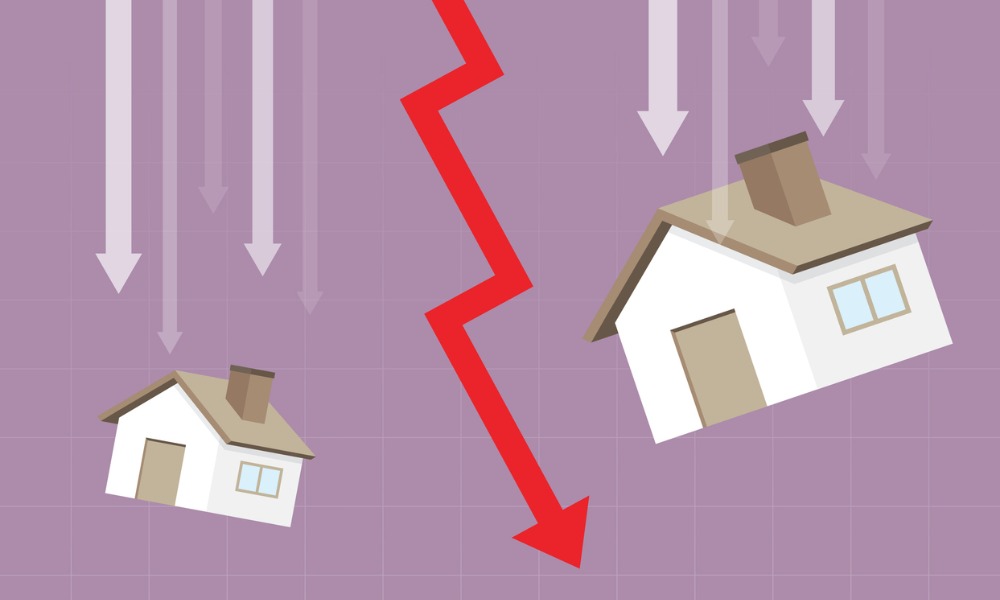What are the proposals laid down by the council?

The Residential Construction Council of Ontario (RESCON) is calling on political leaders from all levels of government to do more in addressing the issues on housing supply. This comes amid projections revealing housing supply and affordability are expected to decline further throughout 2024.
“Last year was a painful year for housing construction and, at the rate we are going, we’re not even close to fixing the crisis,” said Richard Lyall, president of RESCON. “Ridiculous red tape, along with excessive fees, taxes, levies, development charges and bureaucracy are choking housing supply and pushing homeownership out of the reach of many. Builders often must wait years to get approval for projects. This is a major pinch point that is unnecessary and slows construction of new homes.”
Three proposals for the political leaders
RESCON is proposing three steps that the government can start working on: reduce taxes, fees, levies and development charges on new housing; streamline, speed-up and simplify the development approvals system; and invest in offsite construction to speed up construction.
The council says taxes, fees, and levies already make up 31% of the cost of a new home. For example, a buyer is paying $310,000 on a $1 million home to governments.
“First-time home buyers are being hammered by these fees and excessive add-ons,” said Lyall. “Governments should cut the GST and HST on owner-occupied housing, especially for first-time home buyers who are carrying the burden of accumulated excess taxation and red tape, same as what they did for purpose-built rental buildings. Adding more costs should be stopped. We should also allow RRSP funds to be used for purchasing principal residences by domestic first-time buyers and possibly those who are downsizing.”
The council is also proposing a modernization and digitization of the approvals process to move developments more quickly.
“Modernization is proceeding at a glacial pace. We are deeply lagging in adopting digitization and technology to improve our development approvals process which only delays new residential construction projects,” noted Lyall.
RESCON is also suggesting the government offer financial assistance and tax incentives to encourage companies in building more modular housing manufacturing plants in Canada as well as to adopt new technology and building techniques.
“To build enough homes to restore affordability to the market, we must find ways of improving productivity in the residential sector,” added Lyall. “Offsite construction could be one of the pieces to the puzzle as it is a quick way to boost supply. We would begin manufacturing new homes the same way we mass produce cars. We’d build them in a factory and then truck them to the site for assembly.”
Have thoughts about this story? Leave a comment below.



